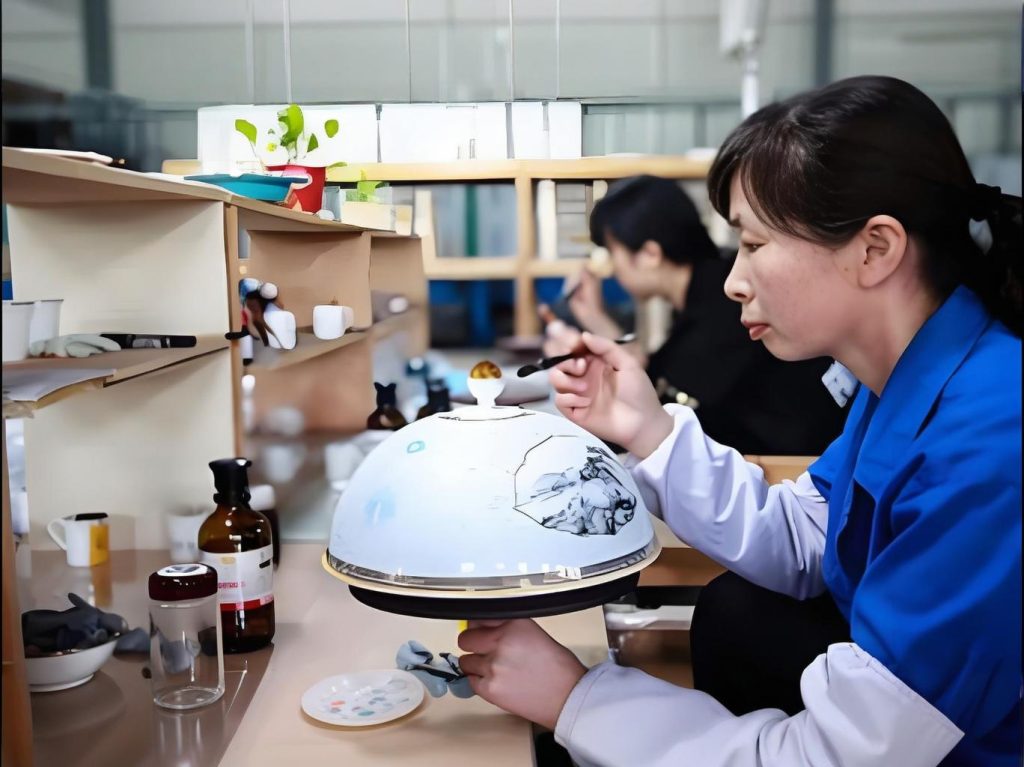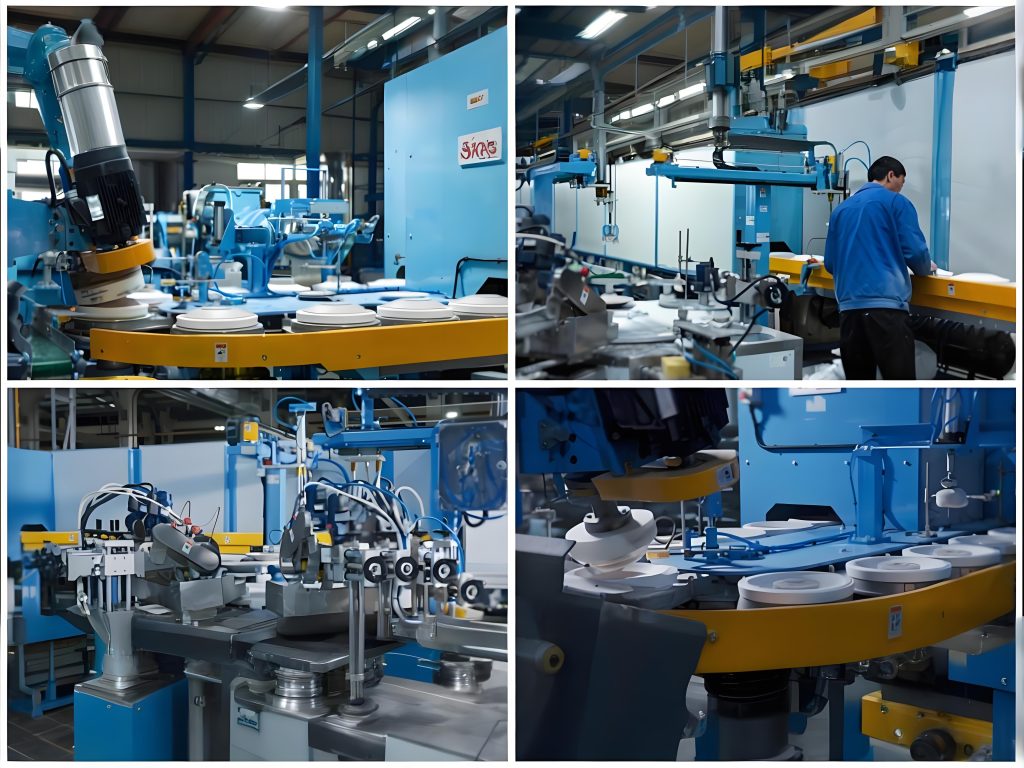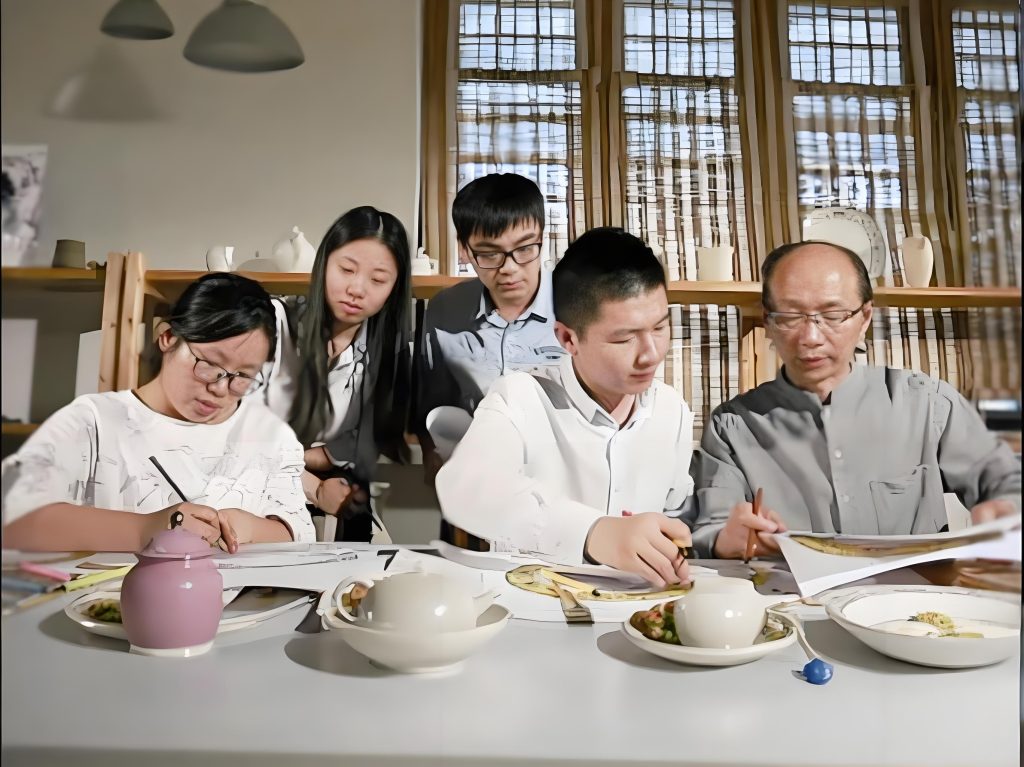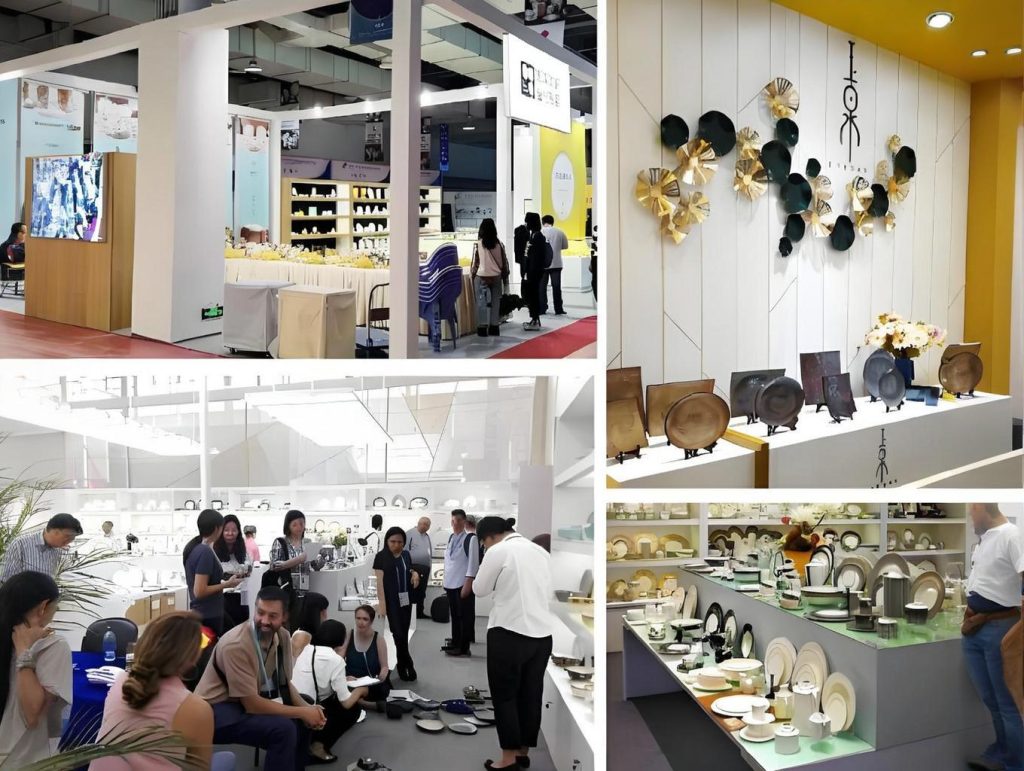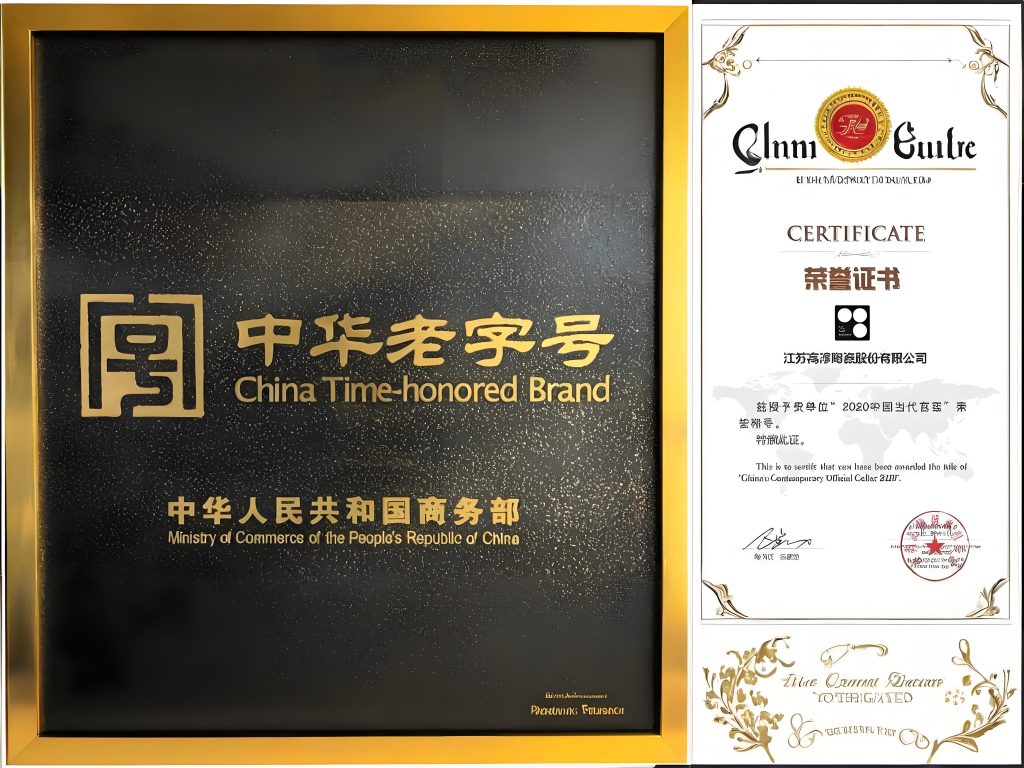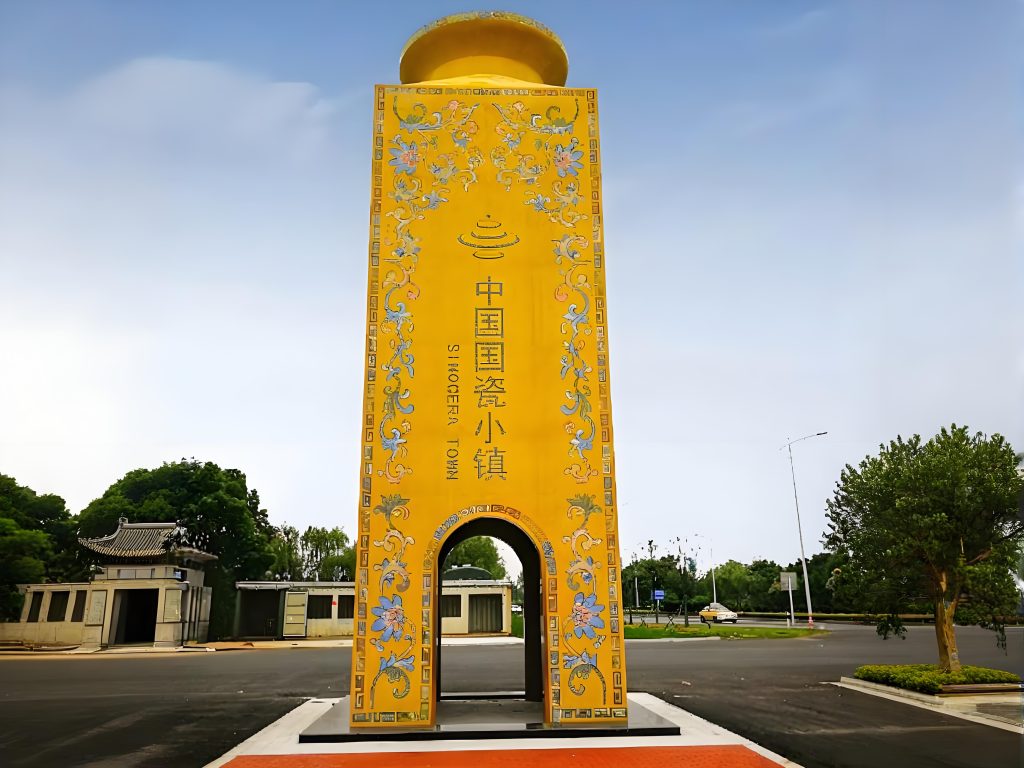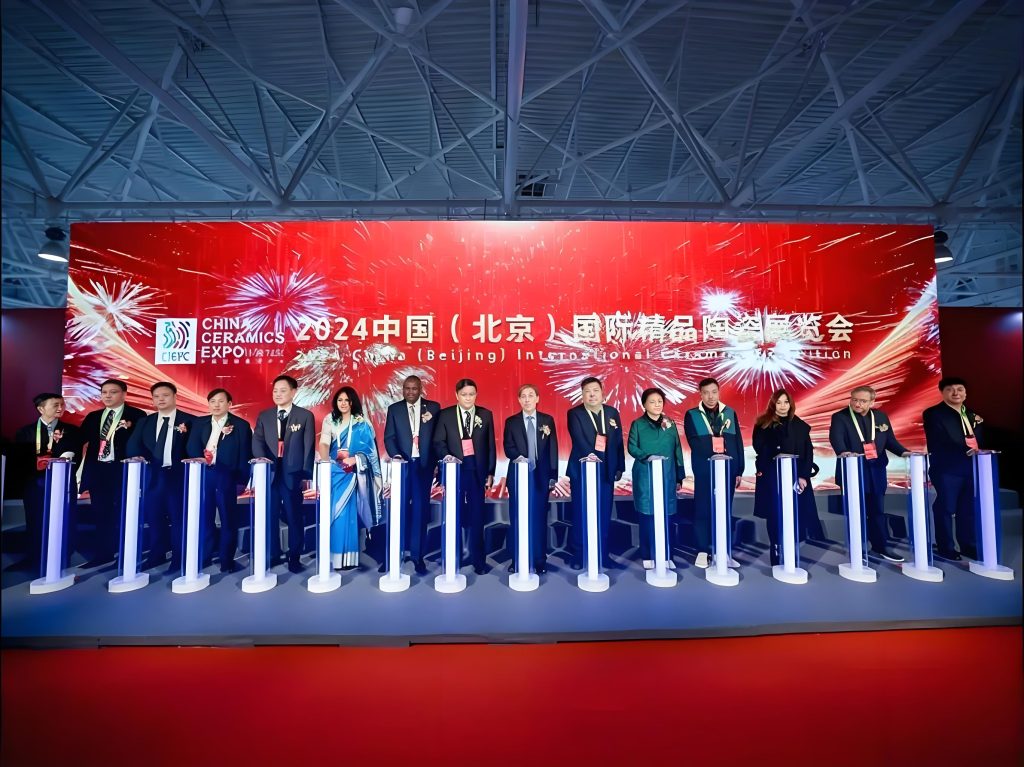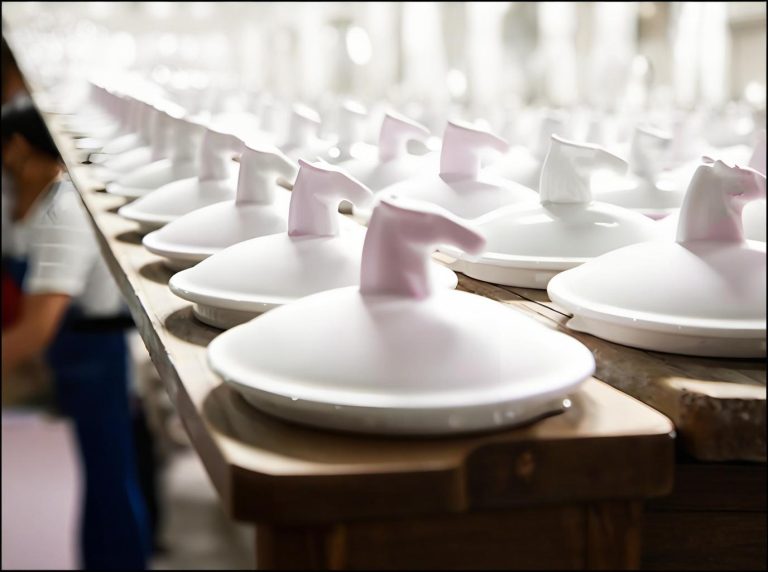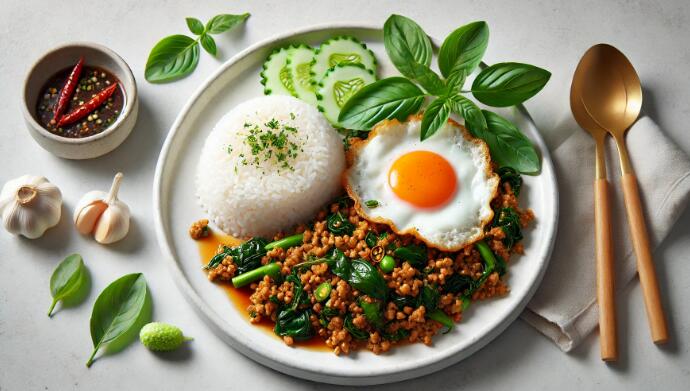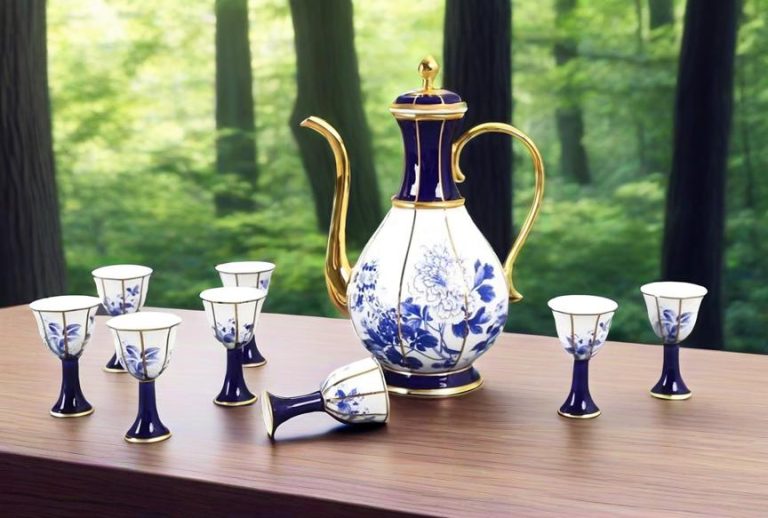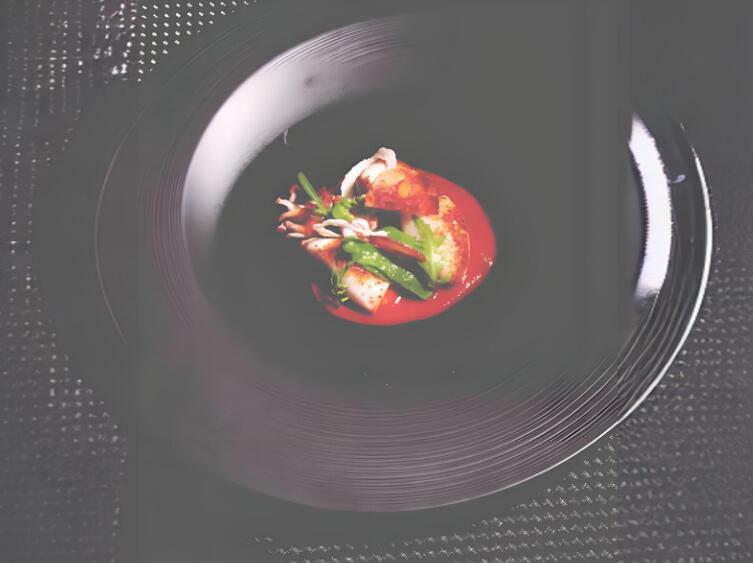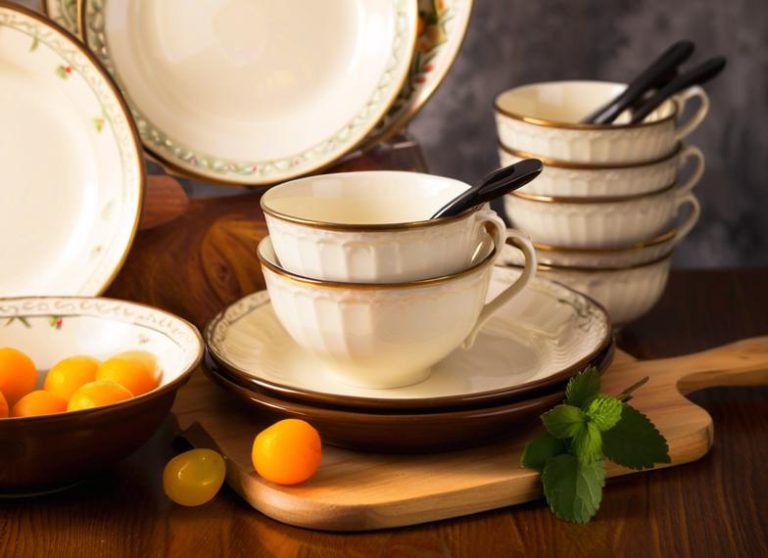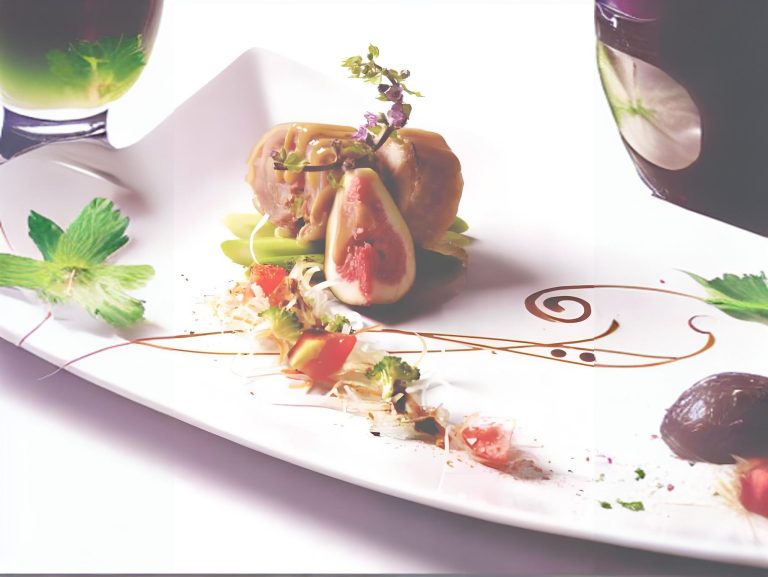The Hidden Battle of Fast Food Utensils: From Disposable to Sustainable, What Are Tableware Manufacturers Betting On?
Ever think about this? When you pierce that cup lid with a paper straw at McDonald’s, somewhere in the world a tableware manufacturer might be debating “how soggy can consumers actually tolerate?”
Fast food utensils seem simple. Just plastic spoons and paper cups, right? But look closer. There’s a three-way tug-of-war behind it. Environmental policies clash with cost calculations and user experience. I spent hours on Quora and Reddit diving into this topic. This “nobody cares” industry? It’s packed with surprising controversies.

Part 1: The Paper Straw “Betrayal” – Good Intentions Meet Real Complaints
A top-voted Quora question asks: “Why are fast food paper straws so terrible?”
The highest-rated answer gets straight to the point. It’s not that paper straws suck. Tableware manufacturers chose the “good enough” standard while balancing cost and performance. A former packaging engineer revealed something interesting. Better coating technology exists. It could make straws last longer. But it costs 30-40% more. Fast food giants won’t pay for it.
Reddit’s r/mildlyinfuriating board features paper straws almost monthly. Someone ran an experiment. McDonald’s paper straw started “melting” in Coke after 12 minutes. Some indie coffee shop straws lasted 45 minutes. What’s the difference? One uses untreated wood pulp paper. The other has food-grade waterproof coating.
This reminds me of something. Starbucks announced ditching plastic straws in 2018. Stock price jumped 2% that day. Two years later? Customer complaints rose 15% due to “poor straw experience.” Being eco-friendly is politically correct. But user experience can’t be endlessly compromised.
Part 2: The “Biodegradable” Truth – Bury It and It Disappears? Think Again
Another hot Quora debate: “Are biodegradable utensils really eco-friendly?”
An environmental science PhD’s answer is sobering. Most “biodegradable utensils” need industrial composting conditions. Temperature must reach 50-60°C. Humidity needs to be 60%. Toss them in regular landfills? They might not decompose for 50 years. Here’s the irony. Some products add accelerants to meet “biodegradable” standards. These chemicals themselves? Even harder to process.
Reddit’s r/ZeroWaste community did a “brutal experiment.” Someone buried a fast food biodegradable container in their backyard. Three months later, they dug it up. Perfectly intact. Comments exploded. “So what exactly are we paying extra for?”
Here’s the scary part. Many tableware manufacturers advertise meeting ASTM D6400 standards. That’s the American biodegradable plastic standard. But they don’t mention needing specialized composting facilities. Regular consumers don’t know this. Eco-friendly utensils end up mixed with regular trash. The pollution continues.
Part 3: Fast Food Giants’ “Utensil Politics” – Saving Money or Just Theater?
A Reddit thread specifically dissects McDonald’s utensil evolution:
- 2019: UK stores stopped using plastic straws → Customer outrage
- 2020: Switched to “thickened” paper straws → Costs rose, some stores secretly reverted
- 2021: Launched “recyclable” containers → Actual recycling rate under 10%
Interesting timing. KFC tested “edible utensils” in China. Spoons made from flour. They actually went viral. Why? They combined eco-friendliness with novelty. Even if you don’t eat it, it’s Instagram-worthy.
This reveals two paths for tableware manufacturers:
- Defensive: Meet minimum regulatory requirements, prioritize cost (most chain restaurants choose this)
- Offensive: Make utensils a brand differentiator (specialty coffee shops and new consumer brands try this)
Guess which survives longer? The answer might surprise you. The offensive approach has higher survival rates. When being eco-friendly becomes mandatory rather than optional, early movers gain advantages. They secure better technology and supply chains.
Part 4: The Hidden Cost Nobody Talks About – Utensils Set Fast Food’s Ceiling
A restaurant owner on Quora ran the numbers:
- One plastic utensil set cost: $0.05
- One biodegradable set cost: $0.18
- Selling 500 meals daily, annual difference: $23,725
Doesn’t sound like much? But fast food net profit margins run 5-8%. This money equals 15 employees’ monthly salaries.
But flip the script. If utensils are too terrible (spoons can’t scoop ice cream, forks can’t stab salad), customers won’t return. A top comment on r/FastFood says it bluntly. “I don’t care what material you use. Just don’t make me wrestle with packaging while eating a burger.”
This is the ultimate dilemma tableware manufacturers face. Eco-friendly, cost-effective, user-friendly – pick any two.
Part 5: The “Tech Tree” of Future Utensils – Directions You Might Not Expect
Recently saw some wild discussions on Quora.
1. Edible Utensils 2.0
People are developing utensils from seaweed and wheat bran. Eat your meal, then eat the plate. Sounds cyberpunk? Indian startups already mass-produce them. Cost is 40% more than paper utensils. But they completely eliminate waste.
2. Modular Utensils
Make knives, forks, spoons detachable and combinable. Customers take them home as keychains or tools. Very “IKEA” thinking. Give utensils secondary use value. Reduce single-use consumption.
3. Smart Utensils
Don’t laugh. Some tableware manufacturers are developing containers with NFC chips. Scan to trace ingredient sources and track calories. Seems like “tech for tech’s sake” now. But who knows what becomes standard in five years?
A Reddit comment nails it. “Maybe future fast food places will be like bubble tea shops. Bring your own cup for a discount. Bring utensils for price reduction.” Not joking. Starbucks already tests “50 cents off for bringing cups” in some regions.
Part 6: So Which Side Should We Take?
Let’s be real. There’s no perfect answer.
If you’re a consumer, you can:
- Don’t blindly boycott all disposable utensils. Sometimes one well-designed reusable utensil beats ten “fake eco-friendly” products.
- Focus on brands’ “recycling loops”. Utensils that can be recycled and reused beat ones claiming biodegradability but with no follow-through.
If you’re a restaurant owner, consider:
- Don’t just watch costs. Customer loss from poor utensil experience far exceeds saved pennies.
- Find reliable tableware manufacturers. Those willing to share production processes and provide decomposition condition explanations won’t leave you holding the bag.
If you’re a policymaker… never mind. You probably won’t read this anyway. 😂

One Final Question
Next time you grab that paper straw at a fast food place, ask yourself. Are we really protecting the environment? Or just soothing ourselves with “eco-anxiety”?
Maybe the answer hides in that increasingly soggy straw. It reminds us of something important. True sustainability isn’t simple material replacement. It’s reconstructing entire consumption habits.
The road is long. But at least we’ve started walking it.
If you have any questions or need to custom dinnerware service, please contact our Email:info@gcporcelain.com for the most thoughtful support!

